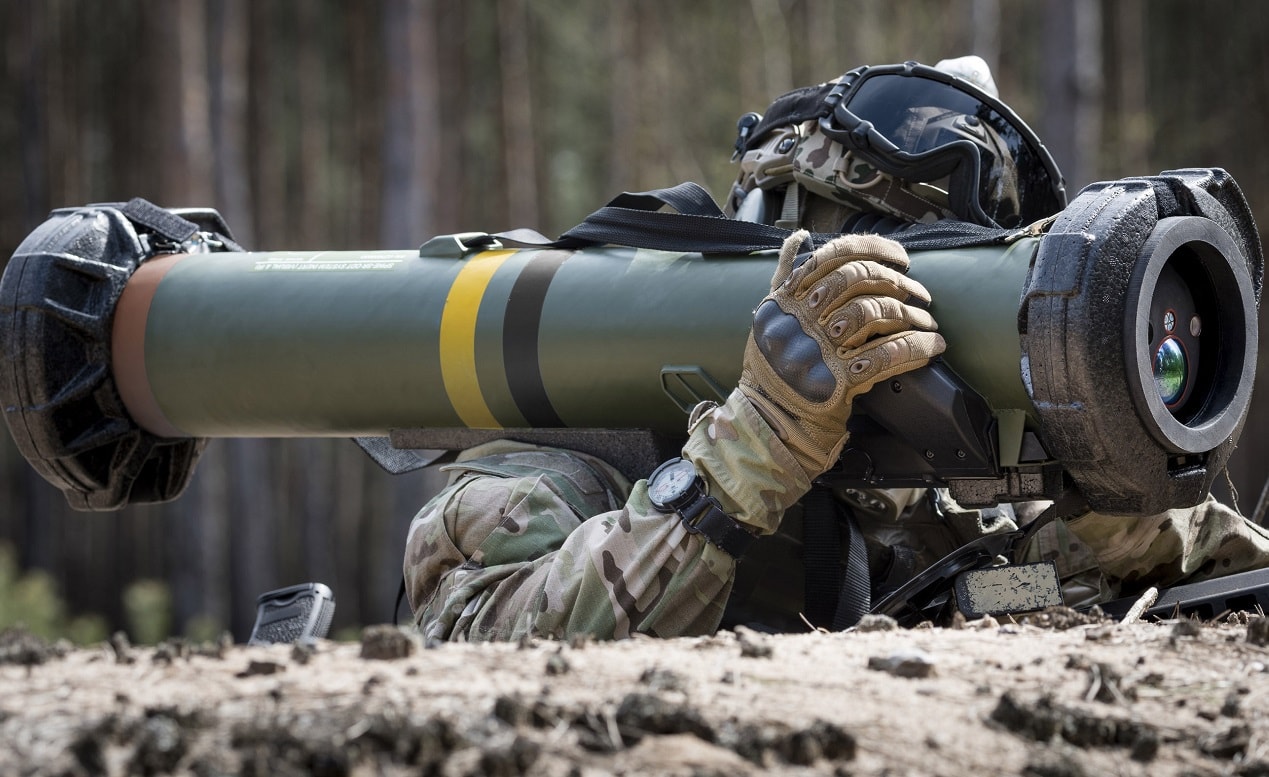Israel’s official stance of ‘neutrality’ regarding Russia’s ongoing invasion of Ukraine has raised eyebrows in the international community. The Jewish state has been condemned by its allies and adversaries alike for not contributing to Ukraine’s defense militarily. However, Israel’s sympathies clearly lie with the plight of Ukrainians. The Israeli government has provided loads of humanitarian support to Kyiv, including monetary donations for displaced civilians, medical supplies and even the construction of a field hospital near the capital.
But the Jewish state has walked a fine line of a mediator role and has stopped short of supplying Ukraine with military support. Israel’s neutral position is pragmatic, as angering Russia would be a detriment to its security and deterrence missions in the region.
Israel’s Balancing Act
During the initial stages of Russia’s invasion of Ukraine, President Volodymyr Zelensky begged Israel to supply its military with the Iron Dome defense system to shield its citizens from indiscriminate Russian airstrikes. Built by Raytheon Missiles and Defense teams with Rafael Advanced Defense Systems, the Iron Dome can effectively thwart rocket and missile attacks with a 90% success rate, making it the most sophisticated missile-defense system in the world. Israel’s rationale to not hand over this advanced technology is layered.
First, the system may not work as well in Ukraine. Israel is a tiny country, so the number of radar and interceptors the Dome utilizes is limited. Ukraine is much larger, and Russian forces have been bombarding the country from all sides. Included in Russia’s missile barrage against Ukraine are ballistic and hypersonic missiles, which a short-range system like the Dome cannot stop. Second, Israel simply wants to maintain a neutral position with Russia. Putin’s support of Syria’s current regime is a security tool for the Jewish state. Iranian-backed militias function in Syria, and Israel wants the ability to strike its assets in the country. Israel and Russia have a mutual understanding when it comes to Syria, which enables the IDF to strike these Iranian assets without escalating conflict with Russia’s forces on the ground.
The Israeli government has even prohibited the U.S. government from supplying Ukraine with the Dome battery technology it purchased from the Rafael Defense Industries. According to Ynet News, “This placed Israel in a complicated position. It could refuse the U.S. request to supply Ukraine with the technology, or risk confrontation with Russia. Israel informed the administration in unofficial talks, that it could not agree to such a move given its relationship with Moscow.”
While Israel has maintained its position of neutrality regarding its lack of military transfers to Ukraine, the Jewish state has recently shown more support for the war-torn country. Initially, Israel refused to support a United National Security Council condemnation of Russia for its invasion. Recently, Israel backed a similar General Assembly resolution and called for Russia’s dismissal from the U.N. Human Rights Council. While these steps reflect some evolution of Israel’s stance, it is unlikely the country will impact its own security by aiding Ukraine militarily.
Maya Carlin is a Middle East Defense Editor with 19FortyFive. She is also an analyst with the Center for Security Policy and a former Anna Sobol Levy Fellow at IDC Herzliya in Israel. She has by-lines in many publications, including The National Interest, Jerusalem Post, and Times of Israel.

